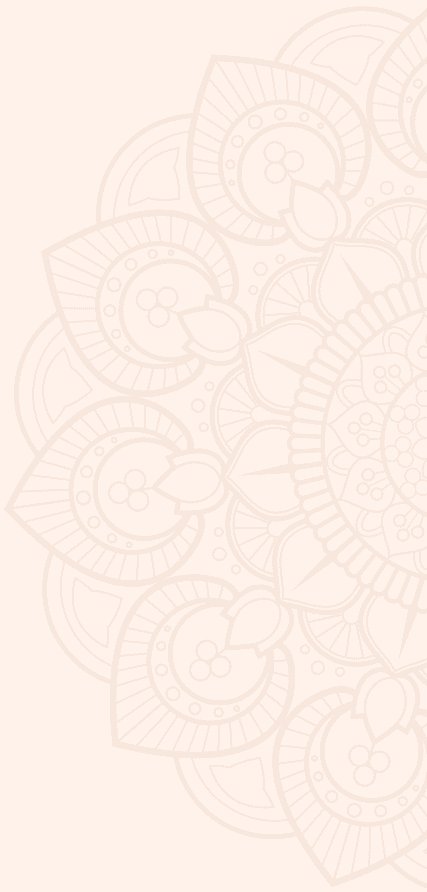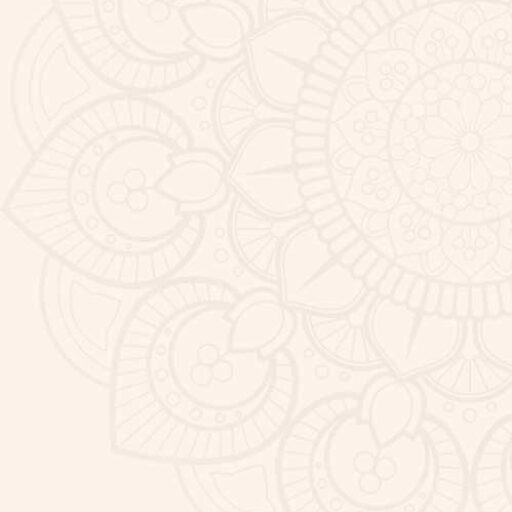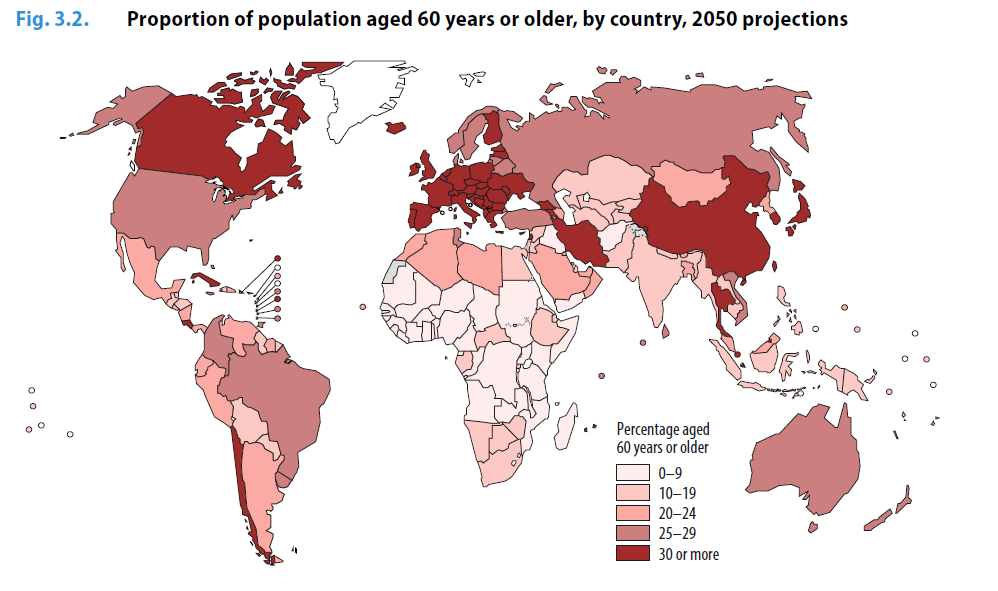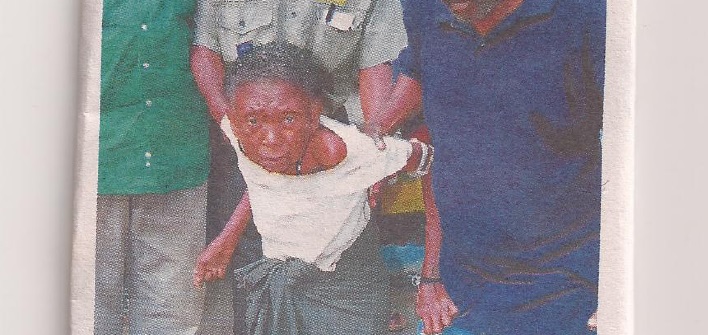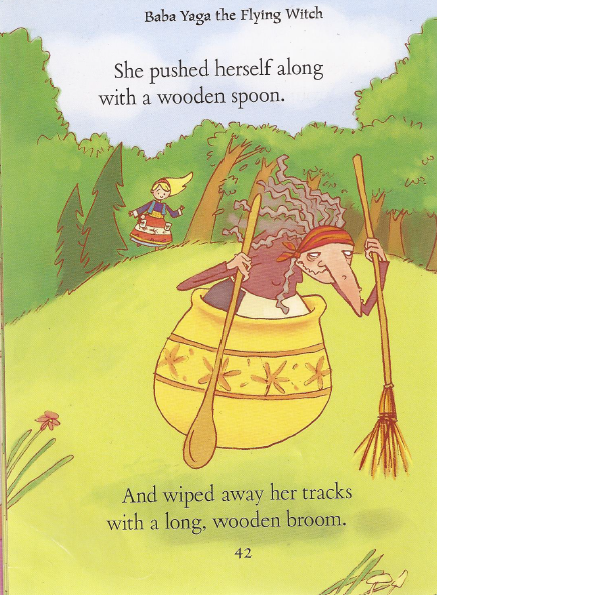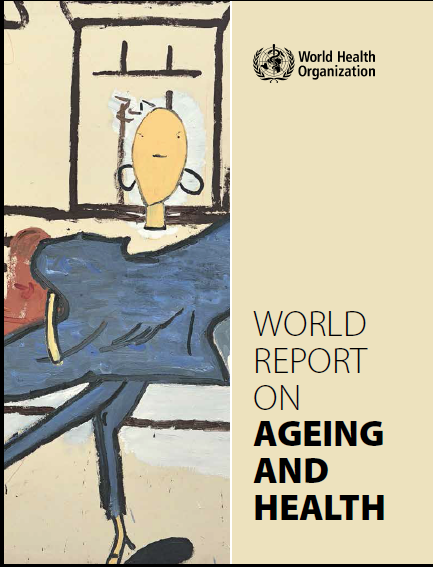
Healthy Ageing
The World Health Organization (WHO) released a report on Ageing and Health on 30th September 2016, the emphasis being healthy aging.
http://www.who.int/ageing/events/world-report-2015-launch/en/
But at what age are we considered ‘elderly’? I was expecting a simple number attached to the definition of ‘elderly’ but I found a small discussion on the WHO website……
http://www.who.int/healthinfo/survey/ageingdefnolder/en/
Did you read that discussion? Why I should be considered, by some, elderly at 50 in Africa while in another continent a 65 year old is considered elderly seems a tad confusing. I didn’t quite follow the logic.
The main issue is that there are a lot of Africans who don’t know when they were born so ‘old age’ is culture specific. I do however think that it is possible to guess estimate to the nearest 3 years or so those born in the 1960’s, due to the massive changes going on in Africa during independence period. An event calendar would give a pretty good guess of year of birth. I know this because we tried it out during my field work in Kilifi many years ago.
My father guessed that he was born in 1944. My mother on the other hand was born to an educated family and knew her year of birth as 1948. My father’s guess estimate was probably right on the money.
But I digress……
So it appears that there really isn’t one single age when we are perceived as ‘old’. My mother tells me that growing old ‘feels like a disease’ after 65. That’s when, she tells me, that she begun to feel her age. So I will do the unscientific thing and use my mum’s reply – which not surprisingly is often the limit set in a lot of research..
So let’s assume we are ‘elderly’ at 65….
What do you imagine your life will be like when you are 65 years old? Do you imagine yourself retired, sitting outside your house sunbathing? Do you picture yourself as frail or active? When you are young, you never think you will grow old. Yet there is only one cure for old age. It’s dying young!
Kenya has a life-expectancy of over 60 and reaching 65 years of age and more is going to be a lot more common than it used to be a few years ago when HIV was wiping out shed loads of adults in the country. Our childhood mortality is also dropping – all which contribute to an overall higher life expectancy. But those of us over 40 are still in the minority, so elderly people, however you want to define them, will compose a smaller proportion of the population for decades to come.
Even by 2050, older people will still be less than 30% of the population in Africa. But that scenario will change and like the rest of the world, we shall have more and more older people in our population.
This gives us time to watch what the rest of the world is doing. As we get older, it’s important to maintain good health so that we are able to be more independent. Already, very few of us are living with our parents or plan to do so as they age. Our parents are living longer and if one has lost a spouse, alone. We no longer visit our elderly people as much as we used to. This is not restricted to the Northern hemisphere. In Africa, China, India – all communities with a reputation of taking care of its elderly, things are changing.
The Chinese government has laws now forcing children to visit their parents
http://www.bbc.co.uk/news/world-asia-china-23124345
In India, the old are getting neglected
http://news.bbc.co.uk/1/hi/world/south_asia/7421706.stm
http://indiatoday.intoday.in/story/forgotten-parents-of-a-young-india/1/531612.html
However, we can redefine our old age and this is what the WHO report is about.
Starting by adopting a healthy life style so that we are not burdened with preventable diseases. Working at maintaining a healthy diet and exercising regularly. So that when we are older, we can take on new activities, we can start designing projects that allow the elderly to participate more in society. Schools could open their doors to the elderly more. Interactions between the young and the old ought to be greatly encouraged as was enshrined in our traditions. How much fun would it be if schools got elderly people to come and speak to the younger ones – instead of writing those boring conversations about how you spend your holiday – kids are asked to write stories from this generation. Asked to connect to their past and learn life lessons at a tender age….
In Kenya, we feel old way before we are 50 because the demographic is such that most of the population is aged under 20 at the moment. We think that if we have not done all we thought we could do by 50, there is no chance to do it. Yet a 50 year old can retrain, acquire new skills and start a new adventure. After all, you may live to be 90 and you will be just over halfway there at 50.
For those living in poverty, African governments need to start thinking about the old. Before the end of his term in 2012, President Kibaki of Kenya started a scheme where people over 60 living in poor parts of the country got a little amount of money (KSH 4,000/- every 2 months) to assist with basic needs. It was the first time that the elderly got some attention. He started a good thing though not much has been added to that program – we can only hope that with time, something more will be done for the elderly.
